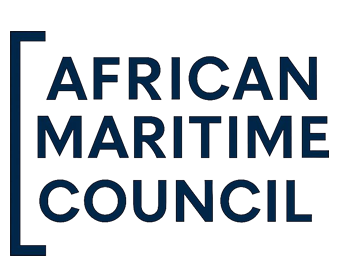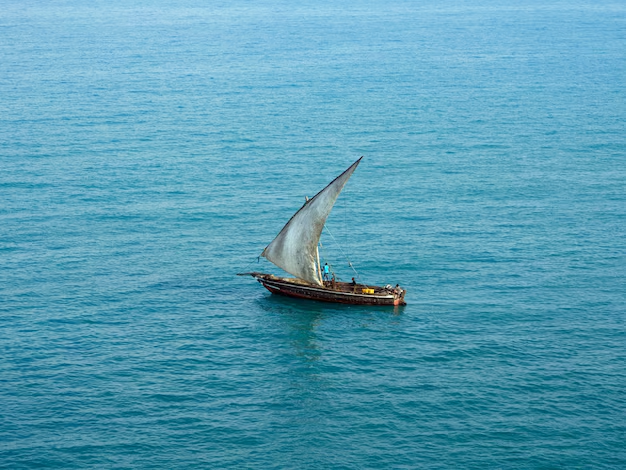Nigeria and China reaffirmed their commitment to work together on advancing and sustaining Nigeria’s marine and blue economy. NAN reported that the visit highlighted how both nations increasingly view the marine and blue economy as a driver of sustainable growth and a foundation of their strategic partnership.
Oyetola praised the long-standing bilateral ties, describing them as mutually beneficial and crucial for both countries’ economic progress. He urged both sides to deepen cooperation in marine resource management, port development, and capacity building. He emphasized that Nigeria’s vast coastline and maritime resources strategically position the nation as a hub for marine trade, logistics, and investment in Africa.
The minister pointed out that Nigeria’s maritime domain offers huge potential in shipping, port operations, fisheries, renewable ocean energy, marine tourism, and coastal infrastructure development. He stressed that the marine and blue economy sector could unlock wealth, create jobs, and drive sustainable growth if effectively harnessed. He pledged that the ministry would build a strong investment framework and noted that Nigeria stands to learn from China’s model in developing its marine and blue economy.
Oyetola explained that the government seeks China’s collaboration in combating illegal, unreported, and unregulated fishing, which threatens Nigeria’s economy and food security. He added that such cooperation would improve food security and boost foreign exchange earnings. He also highlighted that Nigeria’s marine and blue economy presents vast investment opportunities, and with China’s cooperation, new channels of wealth creation would open for Nigerians.
Earlier, Dunhai said his visit aimed to strengthen the already solid China–Nigeria partnership. He commended Nigeria’s maritime potential and reaffirmed China’s readiness to help harness it. He recalled President Bola Tinubu’s state visit to China a year earlier, where Tinubu met with President Xi Jinping. According to him, that visit significantly boosted economic ties by deepening trade, infrastructure, and industrial cooperation between both nations.
Dunhai cited the Lekki Deep Seaport, built by China Harbour Engineering Company, as a flagship example of Sino-Nigerian collaboration. He explained that the Lekki port—Nigeria’s first and one of the largest in West Africa—can handle ultra-large container vessels and dramatically expand trade volumes. He noted that the project created thousands of jobs, eased congestion in Lagos ports, sped up cargo clearance, and positioned Nigeria as a key maritime hub in West and Central Africa.
He added that the port would generate billions of dollars during its concession period, making it a vital contributor to Nigeria’s economy. Dunhai described the marine and blue economy as the future of modern economies. He revealed that Nigeria and China are finalizing an agreement to export Nigerian aquaculture products to China, opening new markets for local producers. He reaffirmed that China had approved zero tariffs on Nigeria’s aquaculture exports, calling it proof of China’s commitment to deeper economic cooperation.
source: www.vanguardngr.com

